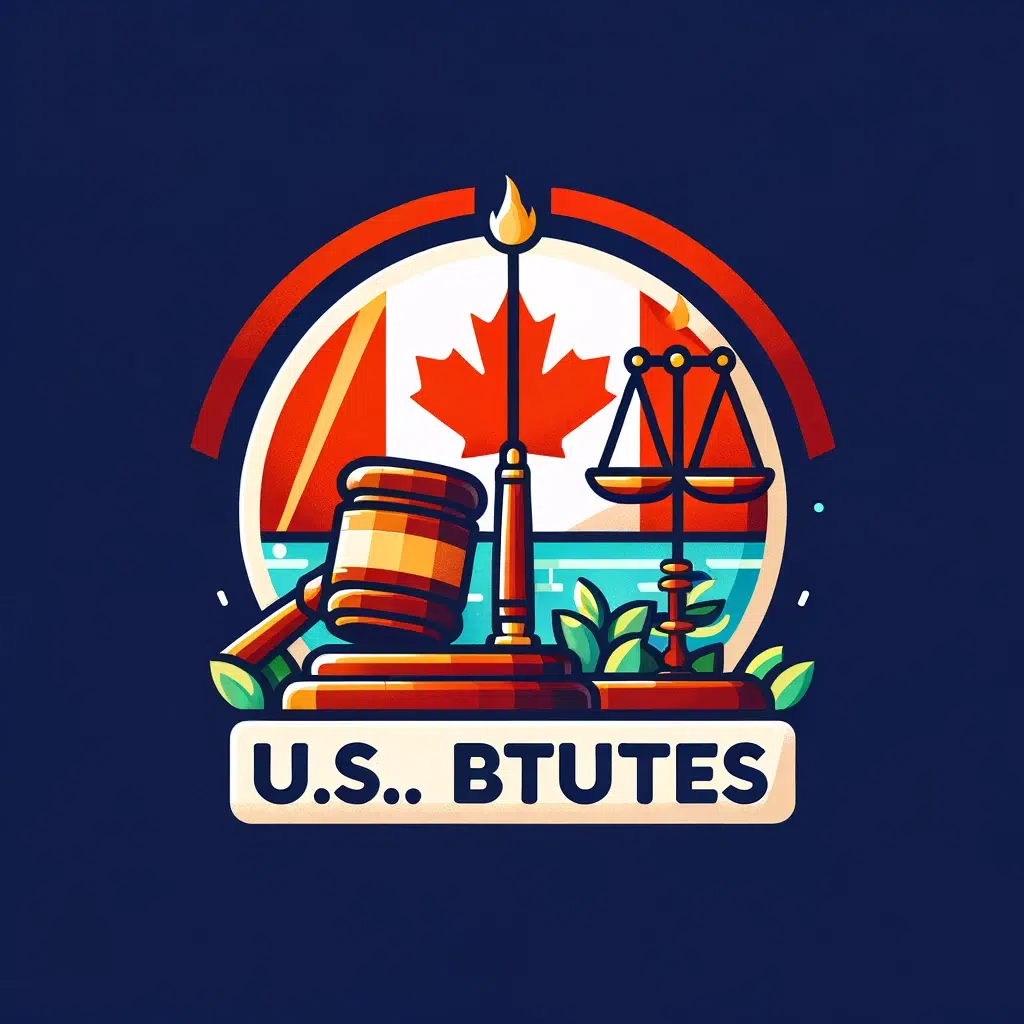
United States v. Burns: A Landmark Canadian Legal Decision
Case Overview
In the case titled United States v. Burns, on February 15, 2001, the Supreme Court of Canada ruled that it is against natural justice as enshrined in Section 7 of the Charter for any citizen to be extradited to a country where they may face death penalty. This was after Canada’s Minister of Justice did not seek assurances from United States authorities that Glen Sebastian Burns and Atif Ahmad Rafay would not be sentenced to death if found guilty.
Background of the Case
Police in Bellevue, Washington, U.S.A., arrested Burns and Rafay who were accused of murdering Rafay’s family. The Royal Canadian Mounted Police (RCMP) got them after they returned to their home country and used “Mr. Big” stratagem which has been declared illegal by America but allowed in Canada. Later on, they retracted these confessions stating that they had been coerced into making false statements; nonetheless, extradition proceedings started?oaicite:1?.
Legal Arguments and Decision
According to the defense counsel, extradition would infringe on section seven rights due to chances of execution in the United States as well as Kindler precedent does not have an effect here because he was a Canadian but applied to American citizens only like Kindler case required . The court unanimously held that such extradition that lacks assurance against capital punishment violates section seven of Charter but dismissed claims made under section six relating to mobility rights citing reasonable limits clause contained in section one of Charter“0”.
Implications of the Decision
This means a lot for cases related with deportation which are punishable by death; it implies a requirement for a treaty regime compatible with Canadian values emanating from its fundamental law – Charter while pointing out how even fundamental rights can change over time causing different interpretations through courts’ decisions or amendments made thereof.



